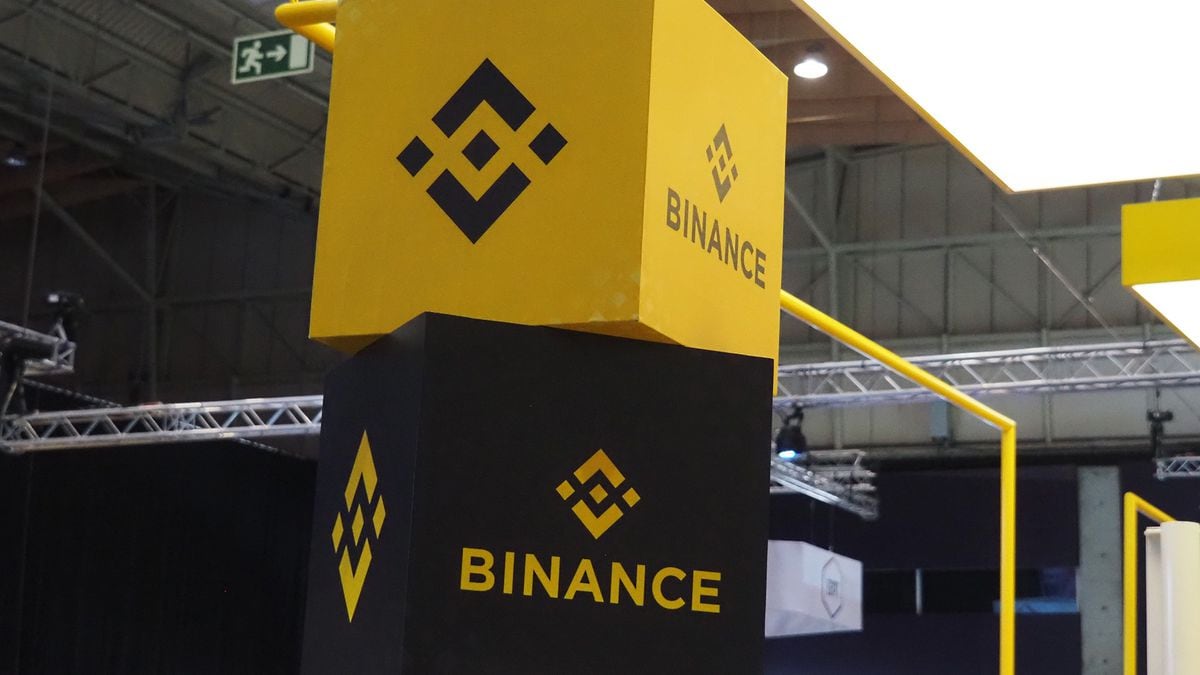The story of how Nicolas Aguzin, a former JPMorgan star banker, faced challenges at Hong Kong Exchanges and Clearing (HKEX) unravels like a gripping novel. Aguzin’s tenure as CEO of HKEX, beginning in May 2021, was marked by ambitious initiatives and unconventional ideas, but it also highlighted the complexities and political sensitivities of running one of the world’s largest stock exchanges.
Project Diamond: A Controversial Proposition
One of Aguzin’s notable proposals, dubbed “Project Diamond,” aimed to incentivize listed companies to diversify their boards by awarding them tokens based on the gender diversity of their members. This concept, a hybrid of cryptocurrency and carbon credits, was designed to penalize companies with all-male boards, compelling them to either appoint women or purchase tokens from more diverse companies.
However, this idea was met with skepticism and criticism. The Financial Times reported that HKEX eventually did not prioritize this scheme for development, indicating resistance to such a radical approach within the organization.
Aguzin’s time at HKEX coincided with a tumultuous period for Hong Kong’s financial market. The crackdown on China’s technology and private education sectors by Beijing, which started just weeks after Aguzin’s appointment, wiped out over a trillion dollars in market value and dampened enthusiasm for mainland stocks. This environment posed significant challenges for Aguzin, who was tasked with maintaining Hong Kong’s status as a global financial hub amidst these headwinds.
A Rocky Tenure Amidst Market Challenges
The pressures on Aguzin were further compounded by his decision to invite Sam Bankman-Fried, the now-disgraced founder of FTX, to address HKEX leaders in 2021. This move, coupled with the diversity token proposal, raised questions about Aguzin’s suitability for navigating the exchange through such a critical phase.
Despite these challenges, Aguzin’s supporters argue that he initiated important reforms and enhanced HKEX’s global profile. Nonetheless, share price fell by 40% during his tenure, and the exchange’s market capitalization ranking dropped significantly. The Indian stock exchange’s market cap is now poised to surpass that of Hong Kong’s, underscoring the shifting dynamics in Asian financial markets.
Aguzin’s efforts at internal transformation, including attempts to modernize HKEX’s IT infrastructure and processes, were met with internal resistance. The departure of key figures he brought in, including John Buckley from JPMorgan, signaled a pushback against rapid changes.
In January, Bonnie Chan was named as Aguzin’s successor, marking a shift towards a more locally-focused leadership. Chan, a lawyer with a Harvard master’s degree, faces the challenge of navigating HKEX in an increasingly competitive and politically sensitive environment. Her appointment comes at a time when Hong Kong’s prominence as a financial center is under scrutiny, and the territory’s role in the broader context of China’s financial markets is evolving.
Aguzin’s tenure at HKEX reflects the intricate balancing act required in leading a major financial institution in a rapidly changing geopolitical landscape. His ambitious ideas and global perspective brought a fresh approach, but they also clashed with the complex realities of Hong Kong’s unique position in the global financial system. As Chan takes the helm, the focus will likely shift towards steadying HKEX’s course in these turbulent times and reinforcing its role in the global financial architecture.





